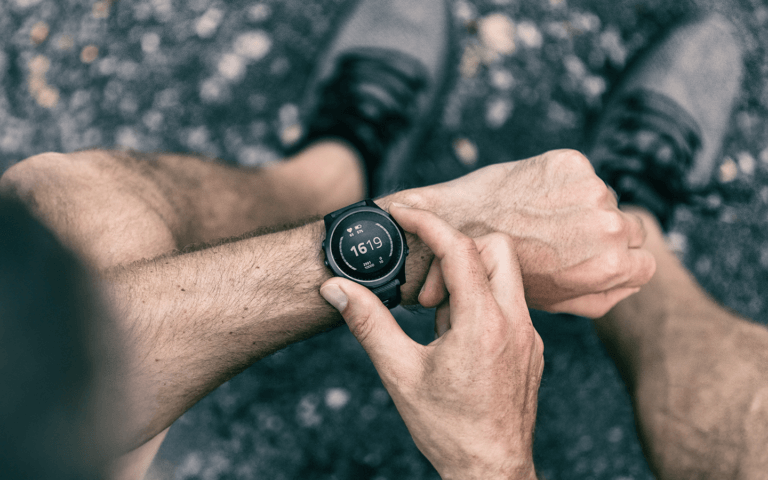Author: Holly Zoccolan
Ready for some mindful eating tips? But first, be aware you do not have food cravings because you are “bad” or missing some gene for willpower or discipline. Cravings are critical pieces of information that tell you what your body needs.
If we learn to listen and understand our cravings, we can act on the feeling and lead ourselves to a happier, less stressful and more mindful life. We are not immune to cravings. They are around us all day, every day.
The donut in the café at 9 am, the pizza in the restaurant we walk by at lunch. We are constantly being shown foods that trigger cravings and are constantly left fighting the temptation to avoid giving in to them. When we do, we can plunge into a world of guilt, and it’s common for us to think, ‘well, I had the donut, so I may as well just eat the whole pizza now.’
This leads us to feel weak and unworthy and is a downward spiral that can lead to self-loathing. I’m here to tell you that you are not weak or unworthy. These cravings are caused by something underlying within us; the body tells us something is missing. Once you realize this and act on the underlying issue, these cravings will fade away, bringing your body back into balance.
The next time you have a sudden urge to eat something, pause, take a minute and try to figure out exactly what and why you are craving this particular food at this exact moment.
Why Do I Feel These Cravings?
We experience sudden urges to eat specific foods for several reasons, and why these cravings seem to appear from nowhere. In general, these cravings are due to the following:
Nutritional Deficiency
For our bodies to function at their best, we need to ensure we give them all the essential nutrients they need. If our body isn’t getting enough of these nutrients, it will tell us by sending messages and signals to our brains through cravings. In general, inadequate nutrient content leads to sugar and caffeine cravings, and insufficient mineral levels produce salt cravings.
Dehydration
We know that we are meant to drink two liters of water a day, yet we tend to let this slide, and it doesn’t stay a priority as we go about our daily lives. However, ensuring enough water is essential for overall well-being and reducing cravings.
Our bodies are made up of around 70% water, so when we aren’t drinking enough, it makes our bodies believe we are dehydrating. Dehydration manifests as hunger, so it signals to our brains that we are hungry and triggers the cravings. Next time you feel a craving, drink a large glass of water and notice if you feel any different.
Emotional Issues
It is most common for cravings to appear due to an underlying emotional problem not being addressed. Emotional Eating is used to deal with certain emotions rather than allowing oneself to feel those emotions.
At the core of every emotional eating trigger is a feeling. These vary between boredom, stress, exhaustion, anger, sadness or loneliness. We associate these feelings with being negative; although we prefer not to deal with them, they’re essential. They are your body’s way of telling you something isn’t as it should be. If we learn to listen and understand these cravings, we can act on the feeling and, in turn, lead ourselves towards a more mindful life.
It’s essential to look at all aspects of your life and be aware that it isn’t the food we desire often. It is an emotional form of nourishment such as love, friendship, a fulfilling career or hobby, self-love or inspiration. Upon reflection, you may be surprised it isn’t the food talking but your emotions.
Holly Zoccolan is a nutritional health coach and herbalist specializing in skin health, weight loss, energy and hormonal imbalances. Holly helps people achieve optimum health and reach their goals to live happier and more fulfilled life.
Related Articles
5 Ways Stress Can Lead to Weight Gain
5 Ways Your Menstrual Cycle Affects Sugar Cravings
A Nutritionist’s Guide to Healthy Deskside Snacking
Experts Reveal How to Exercise Safely as Temperatures Hit Over 33 Degrees






